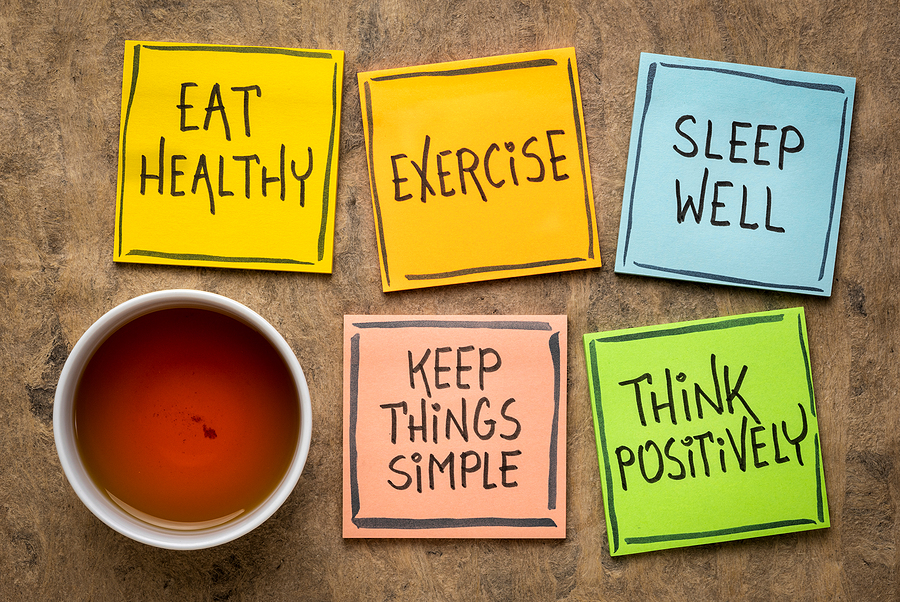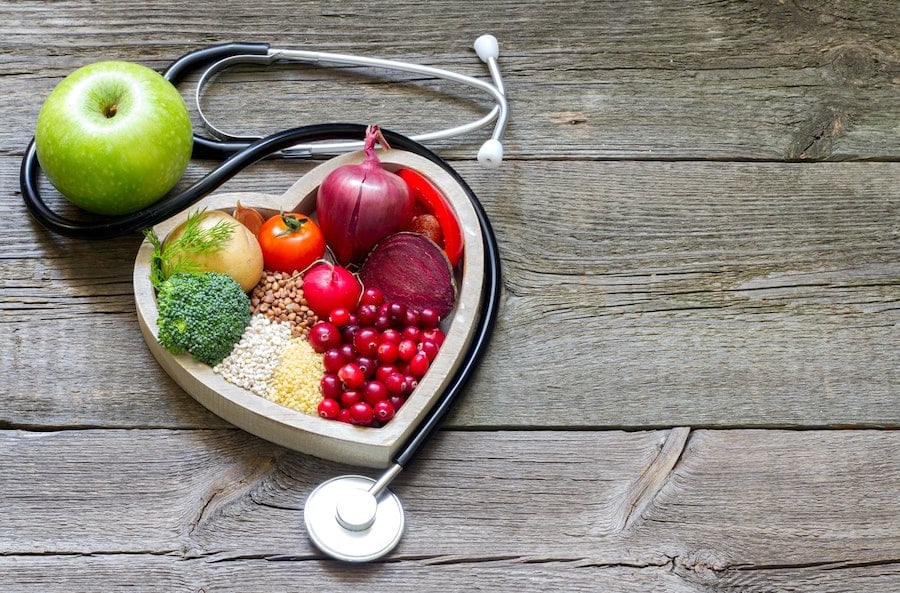How to lose weight in mid-life
Wanting to lose weight to be fit, strong and healthy as we age is a positive thing, but it isn’t always easy. Here’s how the experts do it
‘Making changes to be healthier is an act of self care,’ says Dr Meg Arroll, a chartered psychologist who specialises in weight loss. The key is taking a healthy approach to managing your weight that works for your body and lifestyle.
Know your body
As we age, our bodies adapt, so weight management strategies that were successful in our 20s may not be so effective in our 40s and beyond. One key change is that we naturally lose muscle mass, but research has revealed that proper nutrition combined with a mix of resistance and aerobic exercise can really help. That means combining workouts that raise your heart rate with ones that use either weights or your own body as resistance. You also need to eat the right number of calories and include foods that provide all the essential amino acids, because they promote muscle growth.
‘The more muscular we are, the more calories we need, but when we lose muscle mass, we need fewer calories,’ says Niamh Hennessy, lead dietitian, Bupa Cromwell Hospital, London. ‘But often, people don’t realise this and so won’t adjust their diet. Then they wonder why they gain weight.’
When we’re younger, we tend to collect extra pounds on our hips and thighs, which is known as gynoid fat distribution. But during perimenopause, hormonal changes mean our weight gain shifts to our middle, thanks to android fat distribution, which is why we can feel we lose our waist. Gaining weight around our middle doesn’t just make us feel self-conscious; fat pooling around our organs ups our chances of having health problems, from heart disease to diabetes to cancer.
Know your mind

It’s not just hormonal shifts that affect us as we get older. A myriad of conflicting demands on our time can have an impact. ‘The sandwich generation are often caring for children as well as ageing parents. They tend to be at the height of their career, and approaching, or in, perimenopause,’ says Arroll. ‘That leads to stress, and stress releases cortisol into our bodies. So we reach for sugary processed foods, because they release feel-good dopamine, soothing us momentarily.’
Research has shown that compared to other stages of life, women are four times as likely to develop depressive symptoms during the transition to menopause – and we all know that food and mood are intrinsically linked. Throw a bit of tiredness in there and it’s easy for our diet to take a hit. ‘The key is to identify bad habits related to food and change them,’ says psychologist Joanna Konstantopoulou. ‘Many of these are established in childhood, so for example, the idea that you must finish everything on your plate, which tends to lead to over-eating. One of the best ways to deal with that is to downsize portions. Also, many people binge eat or skip meals when they’re down, but both of these eating behaviours are equally destructive.’
If you can recognise what leads you to eat, whether it’s psychological or habitual, you can find an alternative way to respond. ‘Distraction can be very helpful. Going for a brisk walk is excellent, or it may simply be replacing that regular unhealthy choice with a healthier option,’ says Dr Arroll. ‘It’s not about “quitting” a bad habit but replacing it with a good one.’
Be kind to yourself
The other key, when it comes to maintaining a healthy weight, is self-compassion. ‘Know that everybody slips up and it doesn’t make you a failure,’ says Arroll. ‘Research shows that rather than motivation, the important thing when making a change is having a sense of control and self-efficacy. If you have a difficult day, where you slept badly or were under a lot of stress at work, accept you slipped up, acknowledge why, and know that tomorrow is a new day.’
Find more great health and lifestyle content in healthy magazine and at healthy-magazine.co.uk
By Laura Potter
Latest posts by healthy Magazine (see all)
- The five best easy moves to stay fit at any age - June 28, 2021
- How to have glowing skin in your 50s - June 1, 2021
- Should you be eating more plant-based? - May 5, 2021
- Four things that could be causing your thinning hair - March 29, 2021
- What type of headache do you have? - March 1, 2021






















